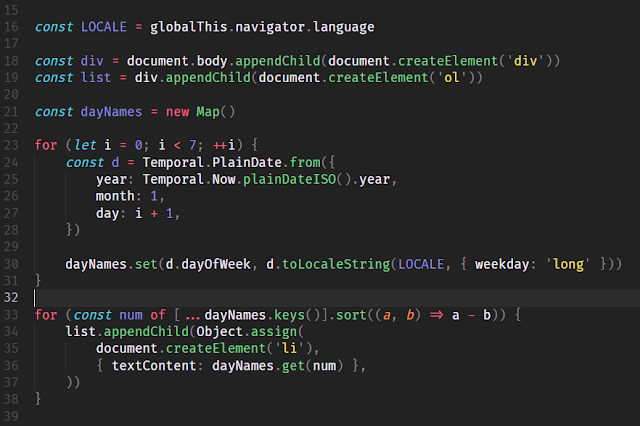Pathways to Certified Network Administrator
Are you looking to advance your career in network administration? Training and certification are essential. This article will guide you through the steps to become a certified network administrator, focusing on crucial certifications like CCNA and CWNA.
Prepare for an exciting journey!
Essential Certifications for Network Administrators
Obtaining key certifications is crucial to excelling as a network administrator and standing out in the competitive IT industry. These certifications include CCNA, CCNP Enterprise, CWNA, and other relevant credentials that validate your expertise in security architecture, wireless networks, technical support, and Cisco networking.
CCNA Certification
The CCNA certification is a vital milestone for anyone aspiring to build a career in IT, particularly in areas like computer networking and cybersecurity. This certification demonstrates your understanding of Cisco’s networking technology and software development skills.
Through the CCNA certification process, you will learn how various network components interact, from routers and switches to firewalls and beyond. Key topics covered include local area networks (LANs), wide area networks (WANs), and internet protocols crucial for data security.
For those aiming to become network administrators or systems engineers, a CCNA certification can significantly enhance job prospects. The average salary for network administrators is $68,700, with entry-level professionals earning around $61,700 and experts making up to $84,200. Resources like Coursera and Western Governors University offer courses to prepare you for the CCNA exam.
Earning your CCNA certification is more than just passing an exam; it provides a solid foundation in networking that will help secure your future.
CCNP Enterprise Certification
Building on the foundational knowledge of the CCNA, pursuing a CCNP Enterprise Certification elevates your skills in handling enterprise network technologies to a more advanced level. This certification demonstrates your proficiency with core network technologies and ability to solve complex networking challenges.
Think of it as a credential that validates your capability to manage significant tasks in network engineering, such as working with routers and switches, addressing security threats like malware and viruses, and ensuring the smooth operation of systems.
Earning this certification means you are recognized for having advanced expertise in switching, routing, troubleshooting wireless access points, and protecting networks from cybersecurity threats.
The average salary for entry-level positions starts at $61,700 and can rise to $84,200 for expert-level roles, making this certification a significant boost to your career prospects.
Additionally, joining the CCNA Certification Community and the broader Enterprise Certifications Community provides exceptional resources for continuous learning and professional development in systems administration and cybersecurity training.
CWNA Certification
The Certified Wireless Network Administrator (CWNA) certification is essential for professionals aiming to master wireless LANs. To obtain this certification, candidates must pass the CWNA-109 exam, which, as of September 2023, costs $274.99.
The exam consists of 60 multiple-choice questions in English, to be completed within 90 minutes. This certification's significance lies in its focus on understanding wireless networks, network security, and vulnerabilities, ensuring the creation of safe and efficient IT environments.
Professionals with a CWNA certification demonstrate their skills in designing, installing, configuring, and troubleshooting wireless network systems. They play a crucial role in protecting against cyber threats by implementing strong security measures for on-premises networks.
To maintain their certification, individuals must renew their credentials every three years by passing an advanced-level exam, such as the CWSP (Certified Wireless Security Professional), before their current CWNA certification expires.
The last chance to take the previous version of the exam (CWNA-108) is December 31, 2023, with a new version scheduled for release in September 2026. Keeping up-to-date with these certifications is critical for career advancement in information systems and network administration.
Conclusion
Earning a network administrator certification sets you on the path to effectively managing and securing computer networks. Certifications like CCNA, CCNP Enterprise, and CWNA equip you with skills in internet systems, IT security, and wireless technologies.
These courses cover various topics, from operating systems to cybersecurity basics and networking strategies. Career Training Institute offers programs combining classroom instruction with hands-on learning opportunities, such as internships. This practical experience is essential for excelling in managing servers and ensuring efficient system operations.
You can build a successful career in this dynamic field by following these steps and committing to continuous learning.




Comments
Post a Comment